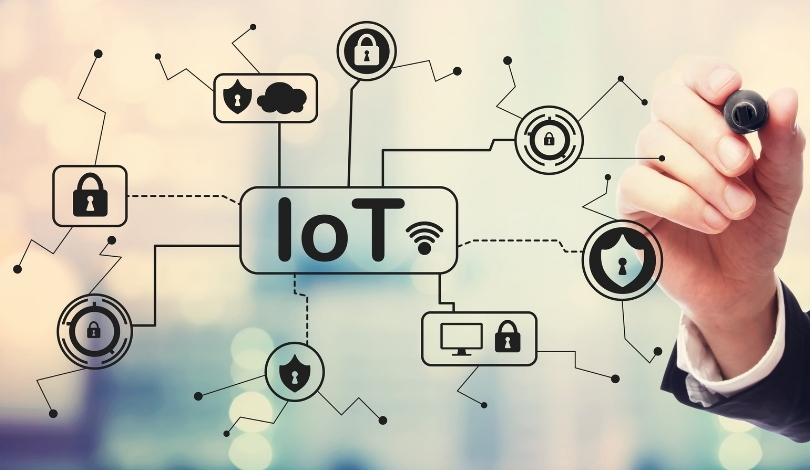Sigfox SA was chosen to support South Africa’s transition to smart water meters, covering over 15 million meters nationwide. The National Treasury awarded the tender, known as RT29, to implement this technology, emphasizing its significance in enhancing service delivery and revenue collection. Unlike traditional systems, these smart meters will benefit from Sigfox’s robust IoT network, known for its extensive coverage and low power consumption. This network covers 91% of the South African population and can be extended quickly if needed, ensuring efficient and reliable service.
The smart water meters, connected via Sigfox’s ultra-narrowband signal, are designed to operate in challenging environments. This technology is favored globally for utility management due to its reliability and low power usage. The meters, equipped with built-in batteries, can function for over a decade on a single battery, surpassing the three-year lifespan requirement specified in the tender. This feature makes the system highly cost-effective and easy to maintain.
A smart water meter is an advanced metering device that records water consumption in real-time and transmits data to a central system for monitoring and billing. These meters were launched in the early 2000s to address water management challenges, and they have since been adopted globally for their efficiency and accuracy. Smart water meters can detect leaks, reduce water wastage, and improve customer billing accuracy. They are typically implemented by municipalities or utility companies to enhance water resource management and service delivery.
Comparing previous implementations of smart water meters, various reports highlight both successes and challenges in their deployment. In several countries, smart water meters have led to significant improvements in water management, including reduced leaks and more accurate billing. However, some regions faced challenges with network coverage and the initial cost of meter installation. These experiences underline the importance of a reliable network and cost-effective solutions for successful smart meter deployment.
In South Africa, the introduction of smart water meters aims to address ongoing challenges such as water scarcity and inefficient billing systems. Previously, water management faced issues due to outdated infrastructure and resource wastage. The adoption of Sigfox’s technology is expected to mitigate these problems by providing real-time data and enhancing the efficiency of water usage and billing processes. This initiative is seen as a crucial step towards sustainable water management in the region.
Benefits of Sigfox Technology
Sigfox technology offers several advantages that make it suitable for smart water meter implementation in South Africa:
– Extensive network coverage, reaching 91% of the population.
– Low power consumption, allowing devices to run for over 10 years on a single battery.
– Robustness, ensuring reliable operation in challenging environments.
– Independence from Wi-Fi or fiber networks, enhancing installation flexibility.
– Cost-effectiveness due to minimal maintenance requirements.
Conclusion
Sigfox’s integration into South Africa’s water management system is set to transform how municipalities handle water resources. With the capability to cover a vast area and operate efficiently in difficult conditions, the technology promises to improve service delivery and revenue collection. The long battery life and ease of installation further reduce operational costs, making it a sustainable option for the future. This initiative reflects a broader trend towards leveraging IoT solutions for public utility management, aiming to provide accurate billing and conserve essential resources like water. By addressing previous infrastructure challenges, Sigfox’s smart water meters represent a significant step forward in enhancing the effectiveness of South Africa’s water management.










